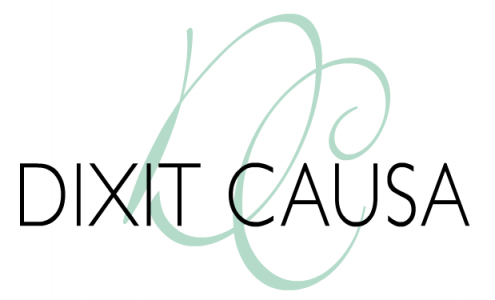Les députés ont adopté en première lecture, le 4 novembre dernier, l’article 3 du projet de loi de finances pour 2023 modifiant le mécanisme du prélèvement à la source (PAS).
Le PAS applicable depuis 2019 permet à l’Administration de percevoir l’impôt sur le revenu chaque mois via le bulletin de paie.
Le projet de loi de finances pour 2023 modifie le système comme suit :
- Diminution du seuil à partir duquel un contribuable peut moduler à la baisse le niveau de son prélèvement à la source en cas de modulation de revenus, de 10% à 5% d’écart de revenus. Un contribuable pourra donc demander la modulation de son taux de PAS à la baisse à partir du moment où l’écart constaté entre le montant du prélèvement supporté en l’absence de modulation et le montant du prélèvement résultant de sa situation et des revenus estimés de l’année en cours est de plus de 5% (au lieu de 10% actuellement).
- Simplification de la mise en œuvre du PAS pour les employeurs étrangers faisant appel à des salariés travaillant ponctuellement en France. Les entreprises établies dans un autre Etat membre de l’UE ou dans un Etat ayant conclu une convention fiscale avec la France ne seront plus soumises au système actuel de PAS sur les rémunérations versées à certains salariés résidents fiscaux français. Cet aménagement concerne les salariés travaillant ponctuellement en France et ne relevant pas du régime général de sécurité sociale français ou sur option (cas de certains travailleurs frontaliers). Leurs rémunérations seront soumises au PAS sous la forme d’acompte (prélèvement sur le compte bancaire du contribuable).
Les nouvelles mesures s’appliqueraient aux revenus perçus à compter du 1er janvier 2023.
Withholding income tax
The members of Parliament adopted in first reading, on November 4, the article 3 of the Finance Act for 2023 modifying the mechanism of the withholding tax (PAS).
The PAS applicable since 2019 allows the Administration to collect income tax each month via the payslip.
The Finance Act for 2023 modifies the system as follows:
- Reduction of the threshold from which a taxpayer can modulate downwards the level of his withholding tax in the event of income fluctuation, from 10% to 5% of income difference. A taxpayer may therefore request the modulation of his PAS rate downwards from the moment when the difference observed between the amount of the withholding tax borne in the absence of modulation and the amount of the withholding tax resulting from his situation and the estimated income of the current year is more than 5% (instead of 10% currently).
- Simplification of the implementation of the PAS for foreign employers using employees working temporarily in France. Companies established in another EU Member State or in a State that has concluded a tax treaty with France will no longer be subject to the current PAS system on remuneration paid to certain employees who are French tax residents. This adjustment concerns employees working occasionally in France and not covered by the general French social security system or on option (for certain cross-border workers). Their remuneration will be subject to the PAS in the form of a prepayment (withdrawal from the taxpayer’s bank account).
The new measures should apply to income received as from January 1, 2023.


Leave A Comment